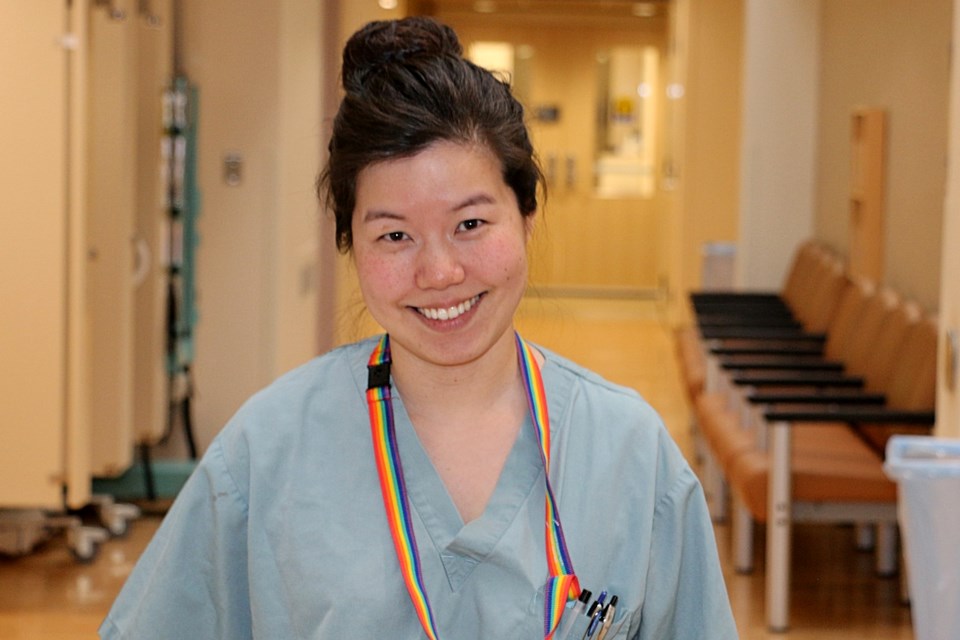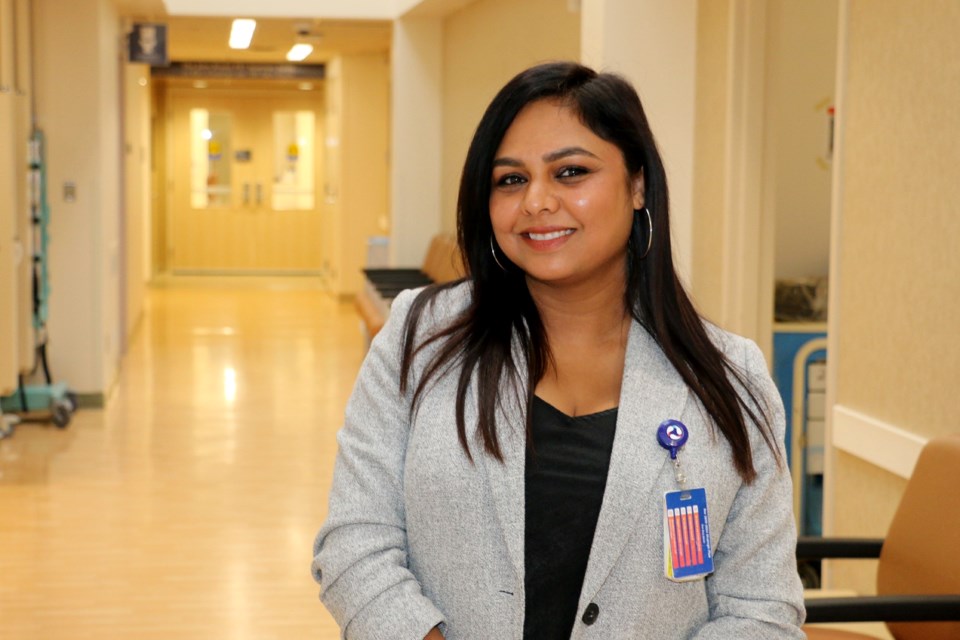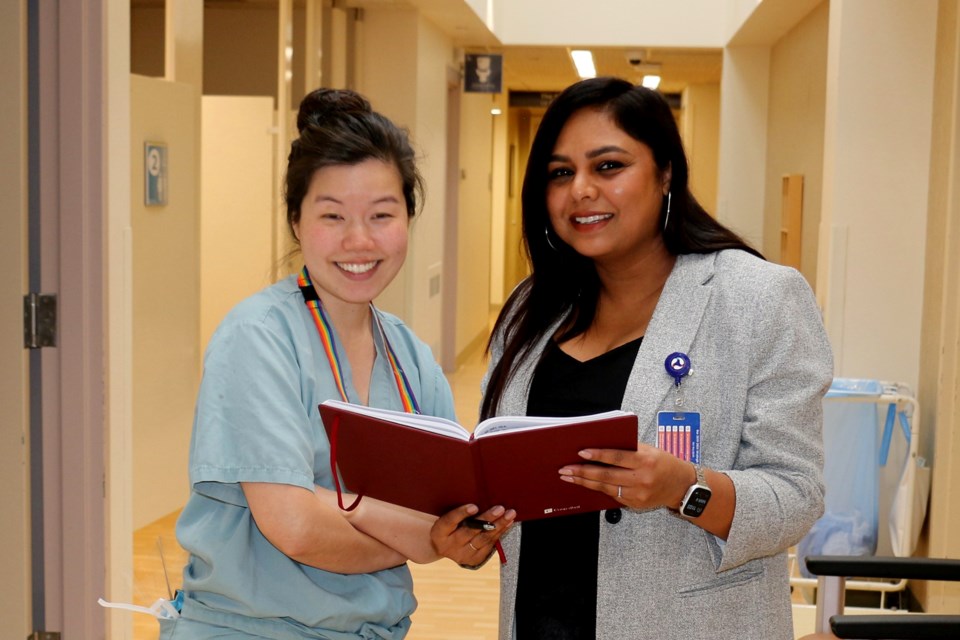While women are well-represented in the medical field in Ontario, data shows, those in medicine say women still face unique barriers to overcome that their male counterparts do not.
This fact formed part of the discussion at an event at Health Sciences North earlier this week. In acknowledgement of International Women's Day on March 8, media was given a chance to speak with members of the hospital’s Inclusion Diversity Equity, Accessibility and Anti-Racism (IDEAA) committee about the challenges faced by women in medicine, particularly women of colour.
While some might think the need to recognize an event like International Women’s Day has passed, Dr. Yunni Jeong, a member of the IDEAA committee, said recognizing and acknowledging the challenges women still face in medicine is a necessary step to moving beyond the need for it.

"I would like to see a time where we don't need to highlight International Women's Day," said Jeong. "I look forward to the day … where it isn't an issue that needs to be brought to the forefront or highlighted because there is equity across all human beings."
As a general surgeon, Jeong admits she is not the person people think of when they close their eyes and think of a surgeon. She is young and small of stature, for instance. Jeong said there have been many occasions where patients don’t see her as a surgeon or even as a physician.
But she said she is proud of the work she does, and proud of the success women have found in the medical field. In fact, she said, there is good evidence that treatment outcomes differ between male and female physicians, with data showing women actually have a slight edge in that regard.
"There's good evidence, evidence that comes actually out of Ontario, that when patients receive care from a female surgeon, they have better outcomes," said Jeong.
She also drew what she sees as an interesting parallel between the better outcomes patients of female surgeons experience — and the fact better outcomes and fewer complications cost the health-care system less — and the fact women in the field are still subject to a pay gap.
Suchita Bali, the chair of the IDEAA committee at the hospital, is also manager of Equity, Diversity, Inclusion and Anti-Racism at HSN. She said while International Women's Day highlights the importance of gender equity, and raises awareness, there are still issues to be resolved.
"If you even take a look at our community here, and you take a look at all the positions that are being held at a senior leadership, for example, there is definitely some representation from women, even at the hospital, we have representation from all across," said Bali.
"But if you take a look at the representation from Black, Indigenous, women of colour, that still is very limited.”
Bali said while much has been achieved in recognizing diversity, there is room to improve.
"The hiring practice by itself is not inclusive," said Bali. "What I mean by that is think about a woman who has immigrated from any other country, and they don't have an Anglo-sounding name, they don't have degrees that they have earned from any Canadian educational institution, they have a lower chance of getting an interview call.”
Bali said as barriers continue to exist, it continues to be difficult for women from visible minority groups to get hired. And even when they are hired, they continue to face barriers that block career advancement.

She added it is important for people to feel they have an equitable opportunity to advance in their career, and any systemic barriers that gatekeep career advancement should be removed, Bali said.
"We do the best we can until we know better. But once we know better, we must do better,” she said, paraphrasing American writer, poet and civil rights activist Maya Angelou.
She interpreted that to mean that there is the call for continuous advocacy, to question the status quo continually.
"And that is how we move forward," said Bali.
Jeong said the creation of the IDEAA committee is a step forward but it is just the beginning.
"It's very exciting. Not to say that we're all done. I think this was the first big — but also small — step. And we'll continue to take steps forward. So that's one thing, I think. From an institutional level, that's something that we've done, but I would like to participate in kind of creating awareness in our community.
"Sudbury is changing," she said.
"And so we want our institution to reflect that and hope that with the goal being we provide better care, and an environment of safety for all who seek care here."
Len Gillis covers health care and mining for Sudbury.com. Women & Girls is made possible by our Community Leaders Program.



